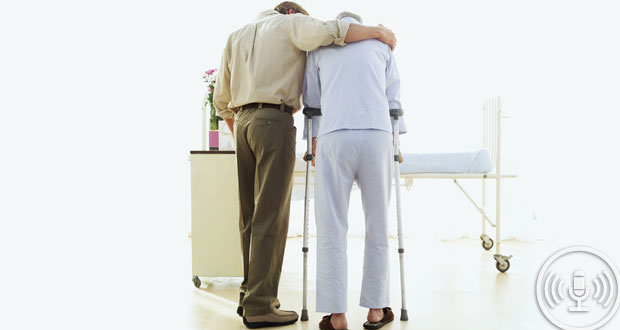Nurse-led book charts COVID lockdown experience of children worldwide

An international network of children’s nursing experts has spent time during the last year creating a unique e-book, featuring the self penned COVID-19 experiences of children around the world.
'Our COVID-19 Artwork' contains drawings, pictures, poems and narrative from young people aged from four to 14 years-old and was compiled by the International Network for Child and Family Centred Care (INCFCC).
The nurses wanted to gain an insight into the lives of children who've experienced strong COVID-19 restrictions during their formative years.
Co-chair of the INFCC Professor Sarah Neill from the University of Plymouth said: "These perspectives are important for us as professionals in understanding how people have been affected, but also for children all over the world to realise they’re not on their own.”
The idea for the book came about like most ideas during lockdown, from a zoom chat, INCFCC co-chair Dr Mandie Foster from Edith Cowan University told Nursing Review.
The various academics that make up the INCFCC had many of their research projects put on hold due to lockdowns and their minds wandered as they chatted in one of their regular meetings.
"Then professor Mohammad Al-Motlaq from Jordan was sharing some of the pictures that his children, because they were in severe isolation lockdown then, were doing," Foster says.
"And they were beautiful pictures and very artistic. And then I said, gosh, it would be really, really interesting to know what children are experiencing during this lockdown
"A lot of children don't have the vocabulary or potentially the right words to express how they're feeling. But art is a great way and a great platform to be able to actually get children to draw what they're feeling, how they're feeling."
The team asked members of the networks, close family and friends to participate and 55 children from over 17 countries were included in the book.
Work began at the start of the first global lockdowns in March 2020 and the majority of contributors were living through moderate to severe restrictions when they submitted their designs.
"Children are so, so intuitive and insightful. And as adults, I think we can learn a lot from children, because they, a lot of the pictures, had a high focus on hand-washing, disinfectant, about 'we have ears to listen and we need to follow the rules about being taught'. How to wash their hands properly, not to touch their eyes, nose or their mouth with dirty hands, social distancing, gloves, masks, about staying in their bubble," Foster says.
"I think if you asked 55 adults to draw pictures of their experience, it would be quite different. What came through I think with this is that children as young as four have got a really good understanding of what was important."
The experiences were varied, as you might imagine for children in any situation. Missing school and friends was a common theme Foster says, as were feelings of boredom and even being sick of their electronic devices.
"And also they were scared, they were sad that people were sad, they were sad that people were dying and they just wanted COVID-19 to die. And one child actually drew a dinosaur and it had a picture of a dinosaur saying COVID-19 needs to die, just like the dinosaurs," says Foster.
"One child wrote about the truth. I now know the true meaning of love, having been in lockdown with my family. I thought that was beautiful. And that child had actually drawn a tree, it was like the tree of life. And on one side it had all these sorts of dead leaves and all these sort of sad, negative experiences. And then on the other, it was really colourful and bright and pink and then all the good things."
Finding out the true feelings of children in a healthcare setting is extremely important, says Foster, and the book is an example of including children in the process.
Foster's previous work has been on creating a 'needs of children questionnaire', because too often, she says, parents take over as parent proxies for children and it can be hard to really how children are feeling.
"Usually children will always draw something that has meaning to them. So I've done a lot of that work with children and developed the needs of children's questionnaires. Which is the first tool in the world to be developed and looking at children's self-reported needs in hospitals."
"The way that we actually collected that data from children was through interviews and through art drawing. So we'd say to them, 'how is it that you're feeling here?' And it was a great platform for children to be able to draw, what was important. And then, they would talk about their drawing."
"[That work had] not ever been done because it was really a difficult process to do and undertake. And that's why it had never been done. But there now is a tool out there that children can self-report their experiences and hospital inside.
"This is exactly the same sort of concept in regards to honouring children as valid participants and that we want to hear about their experiences, we value their input. And if we don't know, if we don't ask, then we don't know. And we can't assume we know because we don't know unless we ask," said Foster.
“It’s something we’re all really proud of, and we’re very grateful to the young people involved for sharing their experiences.”
The book is available to download free of charge via the INCFCC website.
Email: [email protected]



